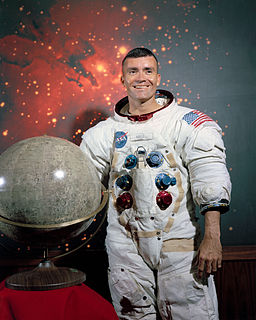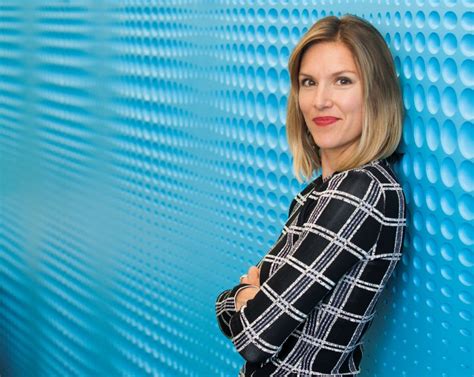A Quote by Fred Haise
Obviously I'd like NASA to follow their charter - the exploration of our solar system and beyond. I'd like to see people someday go to Mars.
Related Quotes
This is what the Mars Science Laboratory (MSL) represents. Experimental, explorational science. Learning about Mars as a new world. Discovering new things that will tell us about the history of our solar system, help reveal the secrets of life, and continue blazing the trail that may someday be traveled by the rest of us.
I do not expect NASA to go out and build settlements and colonies. I do not expect them to give SpaceX all the money needed to colonize Mars. I do not expect them to realize the future of humanity is contingent on harvesting the wealth of the solar system overnight and suddenly subsidize my asteroid mining project.
I used to be a strong believer that we would eventually colonize the solar system the way it's been done in science fiction many, many times: bases on the moon, Mars colonized, move out to the outer planets, then we go to the next solar system and build a colony there. I don't know now - I'm not as convinced that's the way it's going to pan out.
Our customer base isn't just people saying, 'I'm an environmentalist, I'm in my Birkenstocks, I went to Woodstock.' Solar is a bipartisan technology. Republicans like solar; conservatives like solar. Over 30% of our customers are veterans. There's something very American about being able to produce power on your own rooftop.




























